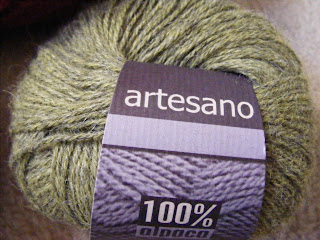Reading Again
 |
| King Charles brocade The stitch on the yoke of King Charles I shirt when he went to his execution |
'A Gambling Man', the book by Jenny Uglow about Charles II and his Restoration to the Throne after the execution of his father King Charles I and the Interregnum by the Parliamentarians.
What a difficult life he led and he behaved gallantly and impeccably most of the time, except where his poor wife was concerned. His extra-marital affairs are the stuff of legend, he had several illegitimate children and was a target for any ambitious courtier who could find a handy female to use in their power play. He simply couldn't resist. His wife, Queen Catherine had repeated miscarriages and had to sit by as she was humiliated by his mistresses.
I hadn't realised before what a heroic part he and his brother James played during the Great Fire of London. When the officials panicked the royal brothers took charge, got out there, organised fire crews and demolition of buildings to create fire breaks, stood in bucket lines and worked through the night. Don't let those curly wigs fool you. They were pretty tough.
Now reading
The Beach by Alex Garland
It's gripping. You just know it's going to turn nasty. Off they go to Eden, to get away from the world, taking all their cultural references and emotional baggage with them. Funny and tragic. I don't know how I'm going to follow it up. Jane Austen might be a bit of a cultural leap from this.


















